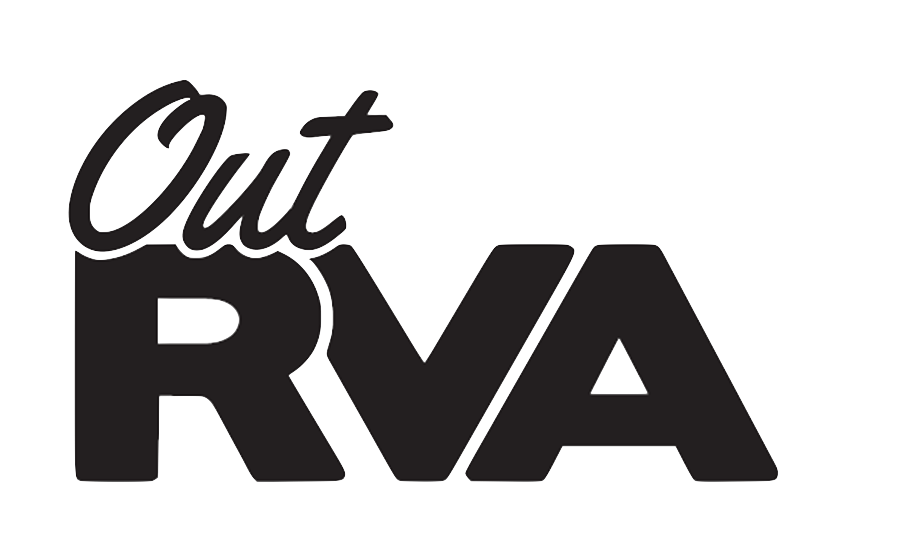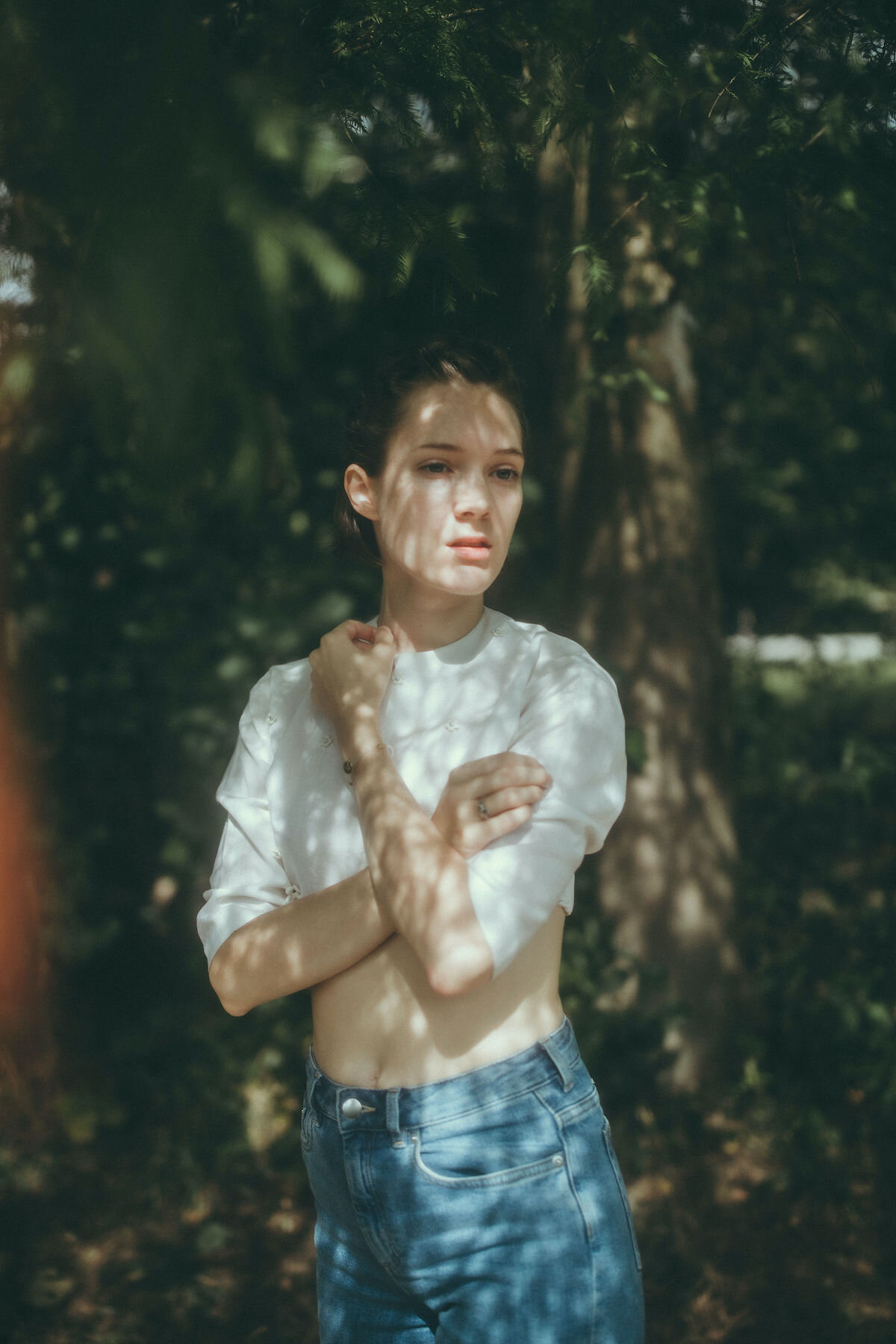Wyld At Heart
Elizabeth Wyld is an indie LGBTQ artist with a backstory that gives her music a unique perspective and sound. She is known for a distinct style that blends indie rock and folk with meaningful lyrics and powerful vocals. Her most recent single, Virginia, explores themes of finding one’s identity within the family dynamic. Her debut album being released soon will showcase her journey with vocal paralysis and finding her identity.
We asked Elizabeth about her music, identity, and of course her love for Richmond, VA.
What have you found the biggest challenges to be in songwriting?
Writing down lyrics that feel honest to me, and writing down things that other people can connect with and relate to which honesty works hand-in-hand.
Who are your biggest musical influences and sources of inspiration?
Regina Spector and Joni Mitchell. My dad had a Toyota Corolla and when I got my license he gave it to me, which is where I found a Joni Mitchell tape. Although I grew up listening to musical theatre, Joni Mitchell was my first taste of folk music and I listened to her cassette tape over and over.
Before losing your voice you were a promising actress, and after regaining your voice you transitioned into more intimate, indie folk songs. What pulled you into this specific genre?
When I lost my voice I couldn’t do much, but one of the few things I could do was go see live music. I went somewhere in Brooklyn and saw Big Thief and Frankie Cosmos and Vagabond, who are all really cool indie rock chicks. I just remember feeling so drawn to that genre. So I think that modern indie rock music combined with my love for Joni Mitchell’s folk songs led my music to take on themes from both sounds.
How did growing up in the world of theatre complicate your understanding of your own identity? How did that change once you left the world of theatre?
It completely baffled my sense of identity. I grew up doing theatre and I realized I wrapped up my identity in whatever role I was playing at the time. When I lost my voice and took a step back, I realized I didn’t really know who I was. Writing the album and taking time away from theatre to explore myself and other interests has definitely given me a better understanding of who I am, but I'm still figuring out more everyday.
How was your experience coming out and did it have any influence on your music?
I actually fell in love with a non-binary person in college, and I just kind of said I was dating this person rather than officially coming out. A few years later we broke up and I went back into the closet. I’m not sure why. I speculate it’s because I didn’t feel like my dad was totally on board with my choice of partner, and I wanted his approval so much I guess I decided to be straight. I’m pansexual so I do find guys attractive, but trying to just limit myself to guys in order to appear straight never really worked. So when I ended up falling in love with another girl, I had to do the whole coming out process again. A lot of shame definitely played into that, and I wish I didn’t have to come out in that way, but I'm learning and growing and definitely in a much healthier place of acceptance now.
What do you hope listeners in the LGBTQ community can gain from your music?
I hope they can hear themselves in the songs. A lot of themes in my songs have to do with identity and mental health, and I think mental health struggles are unfortunately something a lot of people in the LGBTQ can experience, especially in the coming out process.
Your single “Virginia” was just released in February. Can you tell us what the song is about?
The biggest themes are probably identity and gender expression. When I was first coming out I really struggled with gender expression and how I wanted to be perceived by other people. I liked the idea of being recognized by my own community, so after I dealt with vocal paralysis I cut all my hair off, got a pixie cut, and dressed a lot more masculine. I had never done that before, but I really wanted to explore that side of myself. I think a lot of queer LGTBQ people can relate to wanting to fit in with the community but feeling held back by family expectations and things like that. It’s actually called “Virginia” because a lot of the experiences I'm talking about happened while I was growing up there. I remember feeling confused about my orientation which led me to dabble in some kind of debauchery, and then as I grew older I realized a lot of it was just me trying to mask some feelings I was hoping weren’t true.
What are your favorite things to do in or around Richmond?
I love Richmond. It's my favorite place in the world - I consider it my second home. My favorite place is Virginia Repertory Theatre and Cadence Theatre, I love the community of people that work there. Beyond that, I always love to hang out at Lamplighter Coffee Roasters and people watch because I love how everyone seems to be wearing a flannel and a beanie. Ellwood Thompson’s is terrific too!
What do you find unique about Richmond?
It’s really the people for me - I have never been anywhere else where I’ve felt so accepted for who I am. Whether it’s people I know or even complete strangers I’ve met there, I find everyone to be so warm and welcoming to all different types of people.
For more on Elizabeth and her music, check out elizabethwyld.com.


